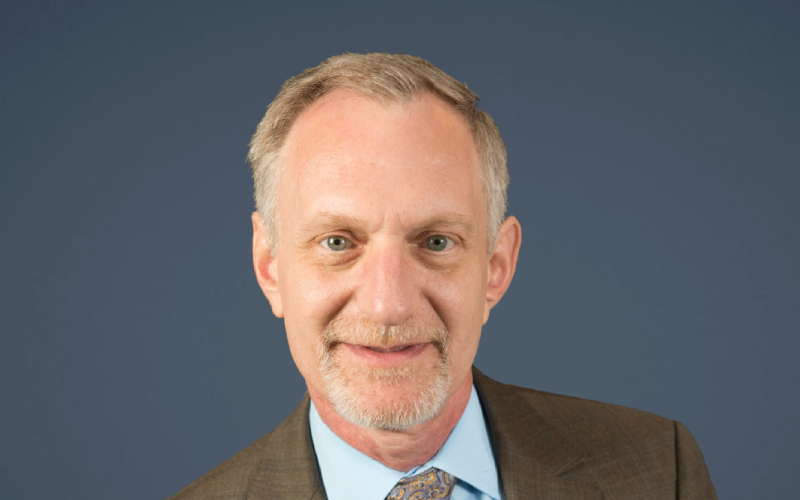“ We learned that the secure attachment was predicted by the warmth of your childhood – that people who had warmer relationships with parents were more likely to have warmer and more securely attached relationships with their spouses in their eighties. Now that is no surprise to us psychoanalysts, but to demonstrate that empirically over the span of 60 years is kind of extraordinary. “

Robert Waldinger MD
Boston
Episode Description:
Harvey Schwartz welcomes Dr. Robert Waldinger, a professor of psychiatry at Harvard Medical School and the Director of the Center for Psychodynamic Therapy at the Massachusetts General Hospital. He directs the Harvard Study of Adult Development, the longest study on adult life ever conducted and this is the subject of our conversation today. His publications include many papers on the early life predictors of adult health and wellbeing.
Dr. Waldinger is a graduate of the Boston Psychoanalytic Institute and he teaches psychodynamic psychotherapy to psychiatry residents and he is also in private practice in Massachusetts. Dr. Waldinger is also a Zen priest and teaches Zen throughout New England. His Ted Talk about the Harvard study has more than 28 million views and is one of the most watched Ted Talks of all time.
As you will hear in our conversation today, the findings that Dr. Waldinger and his team have learned over the past 80 years, reaffirm many familiar psychoanalytic principles, but what they add most remarkably is the empirical data to support them.
Key Takeaways:
[3:45] Lifelong follow up.
[4:12] Dr. Waldinger talks about the history of the Harvard Study of Adult Development.
[7:13] The program now.
[9:13] Internal and external information.
[10:30] What has Dr. Waldinger found out?
[11:09] The quality of people’s relationships as a predictor how well they grow old.
[12:48] Measuring marital satisfaction and meaningful connections.
[13:40] Adult attachment interview.
[15:46] Maturation of defense mechanisms.
[16:44] People get happier as they get older.
[19:07] How did Dr. Waldinger become a different analyst through working in the program?
[21:14] The impact on the participants of the program.
[24:55] Having more data than can ever be analyzed.
[25:18] What lead Dr. Waldinger to run this program?
[26:45] Becoming a Zen priest.
[28:00] The skill of close observation.
[29:12] Beginning to write a book about the outcomes of Harvard Study of Adult Development.
Recommended Readings:
Robert Waldinger TED talk

What an interesting study! I am genuinely amazed. This interview brings various thoughts, ideas on human development and the life itself. Thank you for sharing this interesting topic with the listeners.